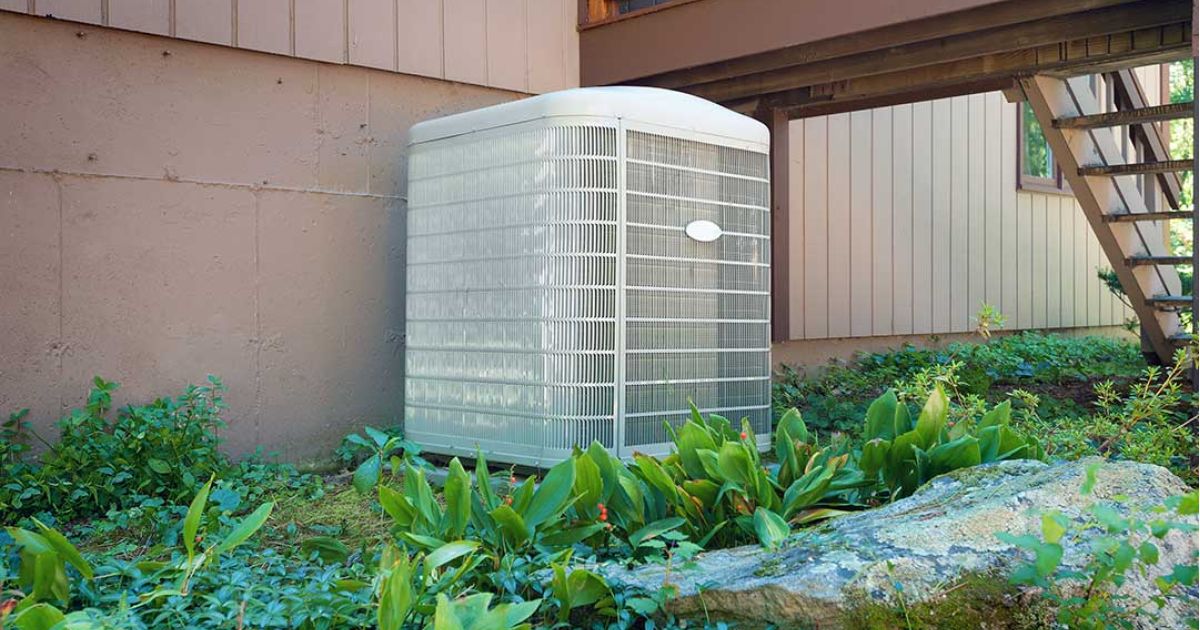How to Choose the Best A/C System for Your Home
IMPORTANT NOTE: . Our company is located in British Columbia, Canada. If you are reading this article in another location, we hope you enjoy the information, but unfortunately we cannot service you.

It never hurts to be early when it comes to getting air conditioning for your home! This is especially true if you want to get a head start on staying cool once summer rolls in.
Hold on though! Before you go shopping, did you know that there’s more than just one aspect of A/C units to look for? Does your home even accommodate an A/C system? You may need to read this article if you’re not sure or if you need to shop, but don’t know where to start. Here are some tips.
Before Shopping
Before you go out and buy a new A/C system, take a look at your current one (if you already have it). If it’s not running at its full capacity, check to see if there are repairs needed and if they’re fixable, get the job done (this may or may require a professional, depending on what needs to be fixed and where the problem is located). If the repairs are too costly or the system is too inefficient and expensive, then you should go ahead and shop for a new one.
Types of A/C Systems
First, determine which system you need based on your home. Is your home an actual house with a backyard, or an apartment? What is the climate like where you live? Do you get a lot of sunlight pouring in, or are there heavily shaded areas?
Next, you need to take a look at the systems available, and there are a few types: central, window, portable, and in-the-wall single room air conditioners. The central air conditioner would be the most ideal if you want your entire house to cool down, whereas the latter options may be better suited for apartment suites or condos.
Sizes
Air conditioners are normally measured by their BTUs, or British Thermal Units. This measurement helps determine how effective and fast a room can be cooled down. Picking a system with too few BTUs will result in not enough cooling, whereas too many than necessary will lead to energy waste and decrease in its ability to dehumidify a room. It’s also important to consider the following before determining which BTUs you should aim for:
- Ceiling height
- Sun exposure
- Insulation
- Location
- Climate
Cooling Capacity
You will need to calculate the required cooling capacity of your air conditioner beforehand, because size does matter (we have an article explaining why!). A room with excessive sunlight should have a unit up to 10% more BTUs than required. If the unit is going into the kitchen, the unit should go up to 4,000 BTUs more than the required room size. Add an additional 600 BTUs per person if there is more than one living in the designated home. The BTU should be reduced by 10% if the room is heavily shaded.
Energy Efficiency
Efficiency, not size, is what matters more when it comes to A/C. Ideally, you want to choose an air conditioning system that will maximize the cooling effect while costing you minimal money. You can try and identify the most energy efficient A/C units by checking out their Seasonal Energy Efficiency Rating, or SEER for short. This is one of the most important ratings to check before buying! Basically, the higher the SEER number is, the more efficient the unit is and the less costly it will provide cooling.
A SEER number can be raised if the air conditioning unit possesses the following energy efficient features (note that this applies to central A/C systems only):
- A filter indicator light (handy for regular maintenance!)
- A fan-only switch (you can turn off the cooling but the fan will still run)
- Large coils (makes for more efficient heat transfer)
- A higher temperature rating that’s greater than 11.6 (translates to higher efficiency when the weather is its hottest)
- An automatic fan delay switch (keeps the fan on long enough to cool the air after the compressor switches off)
For window/portable air conditioners, these features would be especially handy to have:
- Digital temperature control (numbers instead of High or Low settings, to help you save on energy)
- Easy to access filters (for easy, regular maintenance and to reduce allergens and dust)
- A timer (handy if you don’t want it running all the time)
- Sleep/energy settings (this will help it run at its lowest setting during the night, making for a more comfortable good night’s sleep!)
- A programmable thermostat (so you can program different temperatures for day and night)
Hopefully you’re now ready to shop! If you’re still not sure which A/C unit is the most appropriate for your home, or you need help with installation, leave those steps to the professionals.
At Rep-Air Heating And Cooling we provide our customers with many options that will best suit your needs from heating and cooling to refrigeration. Contact us today for your complimentary quote: 1-844-218-3362 or [email protected] and don’t forget to take a look at our website: https://www.repairheatingandcooling.com. Follow us on Facebook and Instagram for free giveaways!
Request your service today!
Our team of highly trained technicians are standing by ready to help you out with all of your service, repair, and installation needs. You can count on us for on-time repairs, professional installation, and the friendliest customer service in town!Contact Rep-Air Heating & Cooling today to get started with service by requesting a quote online, or by phone at (844) 218-3362.
Request Service
Contact us today to request an estimate or schedule service.






